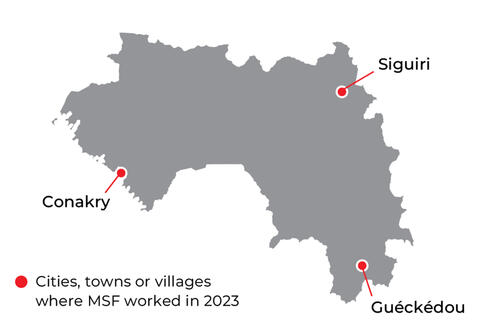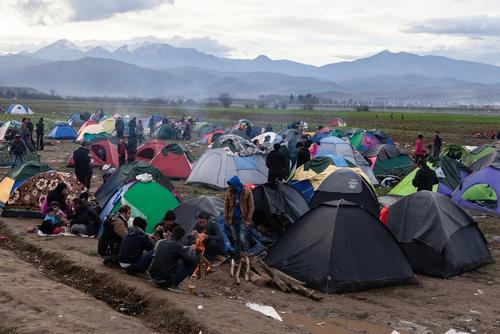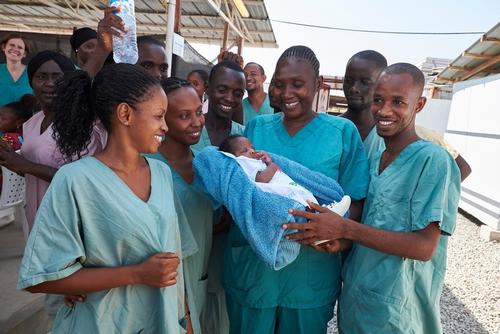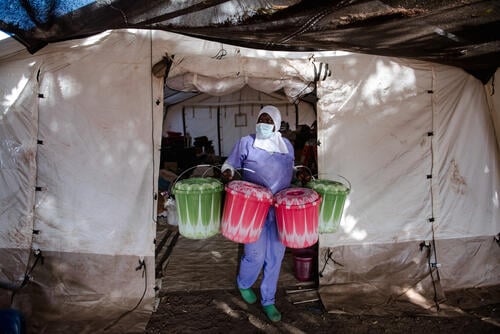While Guinea has a relatively low prevalence of HIV, at around 1.4 per cent, just over half of people living with HIV receiving antiretrovirals (ARVs). In collaboration with the Ministry of Health, we run a 31-bed centre in Donka hospital, Conakry, to treat people with advanced HIV.
MSF teams work in Kouroussa prefecture, where we provide training to community health volunteers and health centres to improve the detection, treatment and referral systems for children with illnesses such as malaria. We also treat children with severe malaria at the prefecture-level hospital.
Our activities in 2023 in Guinea
Data and information from the International Activity Report 2023.
251
251
€8.1 M
8.1M
1984
1984


10,800
10,8

EU Migration Crisis Update - March 2016
Experimental treatment with favipiravir for Ebola virus disease

The Ebola outbreak - a brief history

Ebola crisis update - 14 January 2016

End of Ebola outbreak in West Africa: World must learn lesson for future outbreaks





